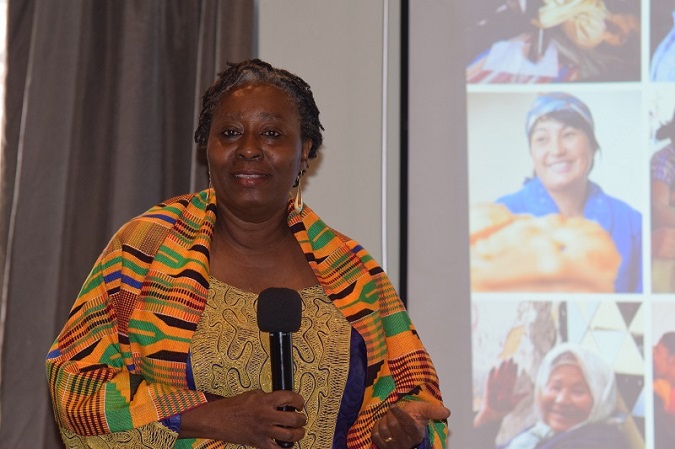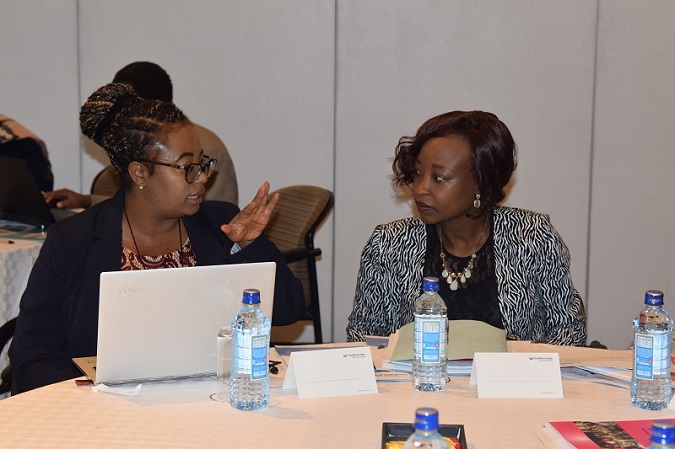Women hold key to sustainable Peace and Security in the Great Lakes region
Date:

Recent research has demonstrated that by achieving gender equality, we are able to prevent conflict. Similarly, in situations where women lead and participate in peace processes, peace lasts is more sustainable. Consequently, the UN Security Council Resolution 1325 (2000) on Women, Peace and Security (WPS) was a groundbreaking addition to the global peace and security infrastructure. The resolution served as the first global affirmation that women both disproportionately suffer from conflict and have an integral role to play in conflict resolution, peace negotiation, peacebuilding, and humanitarian and peacekeeping efforts. As such, the four pillars of 1325 – Prevention, Protection, Participation, and Relief and Recovery – reflect on the need to incorporate gender perspectives in peace and security efforts at all levels.
It is for this reason that UN Women in collaboration with the Office of the Special Envoy for the Great Lakes convened an East and Southern Africa Regional Symposium on Women, Peace and Security, that took place on 22-23 March 2018.
The two-day symposium brought together representatives of governments, regional bodies including African Union (AU), Inter-Governmental Authority for Development (IGAD), South African Development Community (SADC) & International Conference for the Great Lakes Region (ICGLR), as well as representatives from UN entities- including UN Women country offices and government representatives from 12 states in the East and Southern region.

The partners identified common priorities for Women, Peace and Security in the sub region, prepared the groundwork for effective implementation, monitoring and reporting at all stages based on a common monitoring tool that captures the multiple frameworks for women peace and security that exist to ensure a beneficial impact on women’s security.
Symposium participants shared country level progress on the status of the implementation of resolution 1325. This allowed participants to recognize the diverse socio-political and economic contexts within which regional member states are acting. In addition, they were able to hear from representatives as to each country’s legal and policy frameworks and the status of the four pillars of implementation of 1325.
Participants were invited to provide feedback and suggest amendments to the draft African Union Continental Results Framework on the Women, Peace and Security Agenda in Africa (2018-2028).
In closing the symposium, Julius Otim and Jebbeh Forster provided remarks and thanked the participants and key regional stakeholders who attended the event, a first step in advancement of the regional WPS agenda.
This symposium brought together diverse stakeholders who all agreed that, while much progress has been made in advancing the global Women Peace Security agenda, there is still much work to be done in ensuring robust implementation. As such, the regional women, peace and security priorities which were identified will be considered in setting the agenda going forward, including review of the draft Continental Framework in Addis Ababa. Here, the African Union will convene through the Office of the Special Envoy for WPS from the 27 to 29 of March 2018.

It is hoped that at this meeting, they will validate the Continental Results Framework on the Women, Peace and Security Agenda in Africa (2018-2028) led by the AU having considered the feedback provided by symposium participants mainly from the following countries Burundi, Ethiopia, Kenya, Malawi, Mozambique, South Africa, Sudan, South Sudan, Tanzania, and Uganda.